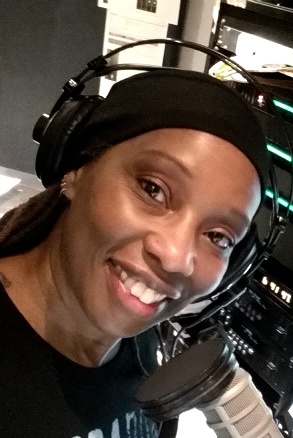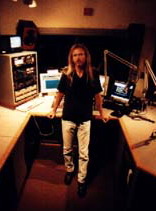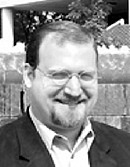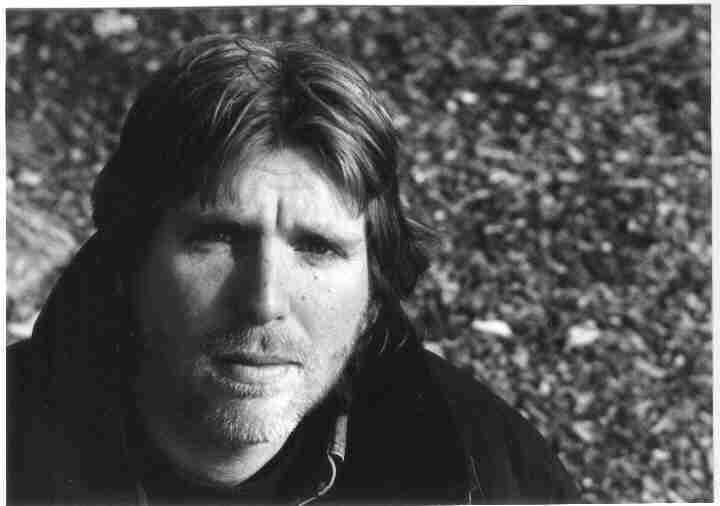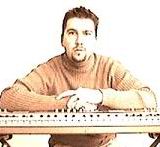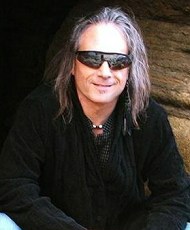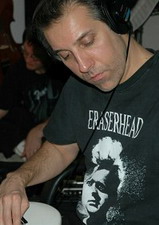|
Ambient Vision's Q & A With
Bill Fox about Galactic Travels
AV: Seems like you have been involved in music in one
form or another for quite some time. Tell me about some of the high
points in yourmusical history that helped to mold your musical
tastes into what they are today.
BF: While I always had something musical happening,
everything was of a limited scope when I lived in Ohio. Yet, all of those experiences prepared me for
what was to come so I suppose the "high points" were high from my
vantage point. They just weren't high in
terms of public profile.
I formed my first band in elementary school and sang in
choirs at school and temple. The summer
after the seventh grade, I was asked to join a band at Music Arts, and Crafts
camp where I met my lifelong best friend.
We played two songs at the end-of-the-summer concert. Not a real big thing, relatively speaking,
but it was a high point for me.
From high school
through my adult years, I played saxophone in concert bands, played in duos,
filled in last minute for bands, played in pit orchestras for musicals, and was
exposed to radio broadcasting. I played
at a folk festival in a university's large auditorium while I was in high
school. My first musical in 1986 was "Jesus
Christ Superstar" and I was the guitarist.
(As I type this, it is Easter, 2011.)
In high school, I won a contest to be a DJ for 15 minutes at WUJC (now
WJCU).
It was prerecorded but I insisted on spinning the disks
(vinyl, in those days!) and running the sound board myself, not just do
the announcing. These events were only big to me but they were very
formative.
Click here for the rest
of our Q & A with Bill Fox about Galactic Travels
|


